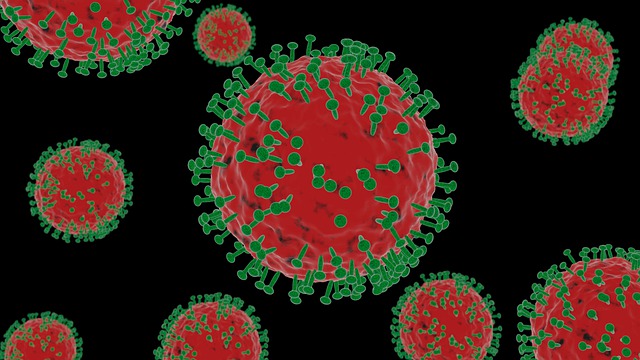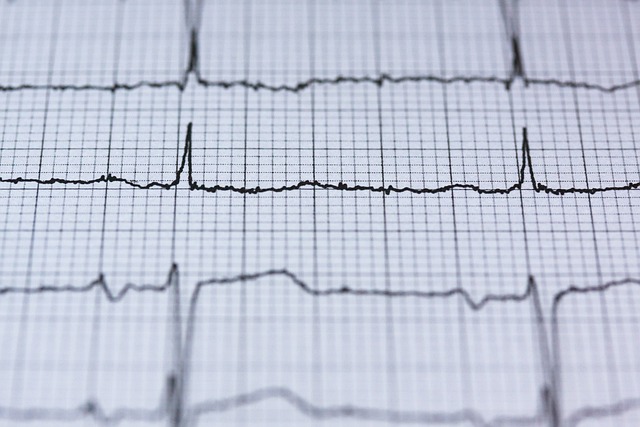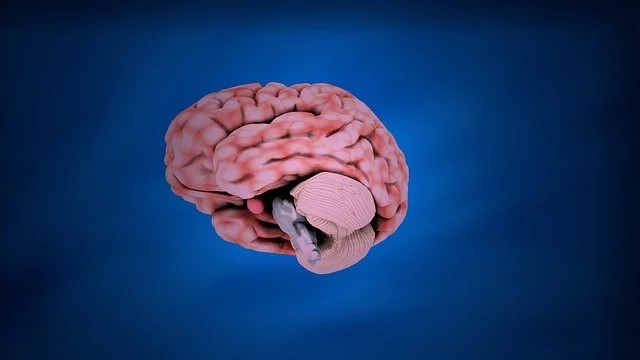
Cardiovascular Risk Factors and Brain Disease: Insights from AHA Statistical Update
The latest AHA Statistical Update highlights the important link between cardiovascular risk factors and the growing global burden of brain disease, emphasizing the need for integrated preventive strategies to address modifiable risk factors and reduce the incidence of brain-related disorders.
October 2022

Long-Term Cardiovascular Outcomes of COVID-19: Implications for Follow-Up Care
Individuals with COVID-19 exhibit increased risks of incident cardiovascular disease at 12 months post-infection, highlighting the long-term cardiovascular consequences of SARS-CoV-2 infection and the need for comprehensive follow-up care to mitigate cardiovascular risk factors and prevent adverse outcomes.
September 2022

Metabolic Syndrome and COVID-19 Outcomes: Implications for Disease Burden
Metabolic syndrome is associated with an increased risk of acute respiratory distress syndrome (ARDS) and death from COVID-19, providing insights into the disproportionate impact of COVID-19 on individuals with metabolic comorbidities and underlying cardiometabolic dysfunction.
September 2022

Cardiovascular Effects of Cocaine: Pathophysiological Mechanisms
Cocaine exerts various adverse cardiovascular effects through multiple pathophysiological pathways, contributing to the development of acute and chronic cardiovascular complications in cocaine users, highlighting the importance of comprehensive risk assessment and harm reduction strategies in clinical practice.
September 2022

Anxiety as a Predictor of Cardiometabolic Disease: Early-Life Implications
Anxiety may affect cardiometabolic health earlier in the life course than previously thought, highlighting the importance of addressing mental health concerns as part of early intervention strategies to prevent and manage cardiometabolic diseases.
September 2022

Link Between High Blood Pressure and Diabetes: Neurobiological Insights
Decreased GLP1R expression is associated with sympathetic hyperactivity in rats with cardiometabolic disease, providing neurobiological insights into the link between high blood pressure and diabetes and highlighting potential therapeutic targets for cardiometabolic disorders.
September 2022

Historic Surgery: Pig Heart Successfully Transplanted into Human Recipient in the US
A groundbreaking surgery involving the successful transplantation of a pig heart into a human recipient in the US marks a significant milestone in xenotransplantation research and organ transplantation techniques.
September 2022

Excretion of Sodium and Potassium in Urine and Cardiovascular Risk: Epidemiological Observations
Higher sodium and lower potassium excretion in urine are associated with increased cardiovascular risk, highlighting the importance of dietary sodium and potassium intake in modulating cardiovascular health and preventing cardiovascular diseases.
September 2022

Sleep Deficit and Metabolic Risk in Women: Implications for Health Promotion
Sleep deficit is associated with higher metabolic risk in women, underscoring the importance of sleep hygiene and adequate sleep duration in promoting metabolic health and preventing cardiometabolic diseases in female populations.
September 2022

Stress Reduction in Atrial Fibrillation Management: Clinical Considerations
Stress plays a bidirectional role in atrial fibrillation (AFib), exacerbating AFib episodes and contributing to mental health problems in affected individuals, highlighting the importance of stress management strategies in comprehensive AFib care.
September 2022















